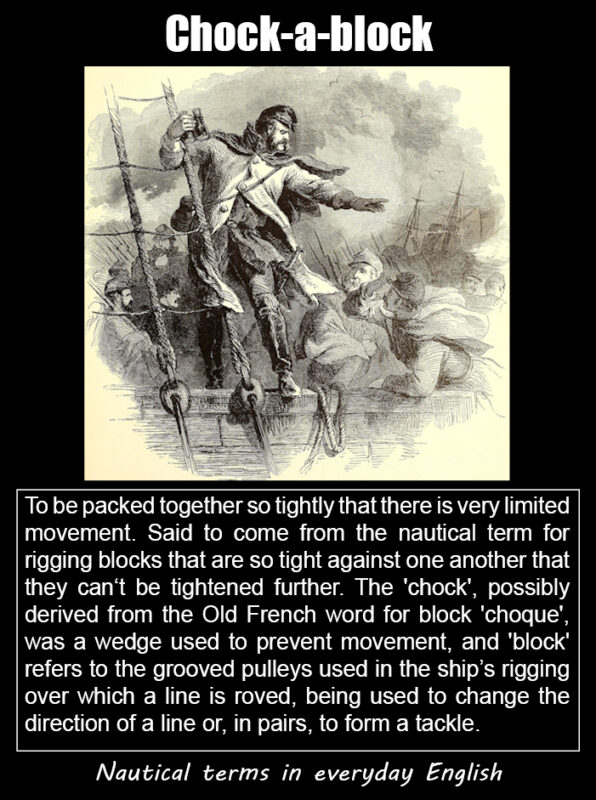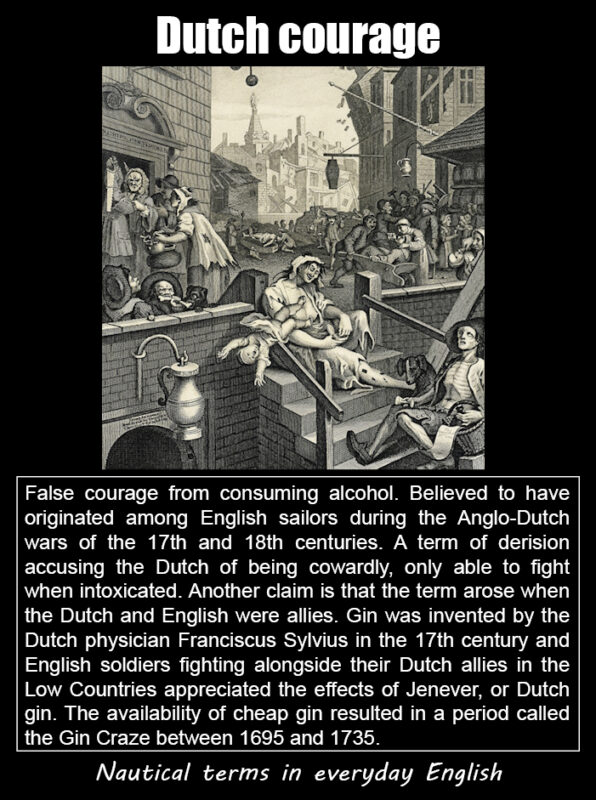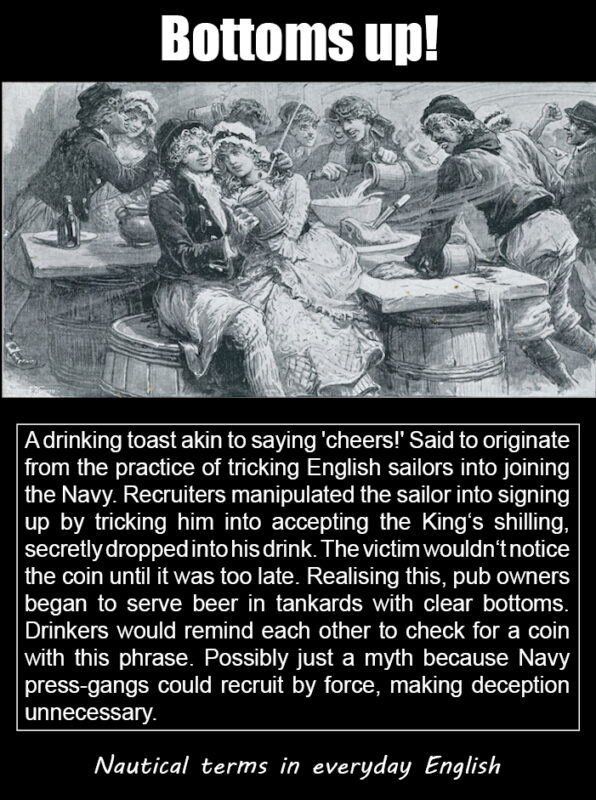
One of the most blood-thirsty pirates active in the Caribbean, in the Azores, and along the coast of North America. He was active between 1721 and 1724, his fate being disputed by historians. The above flag was used by the notorious Edward Lowe from July 1723 during the time he called himself admiral and is taken from a description by Charles Johnson in A General History of the Pyrates – “… and hoists a black Flag, with the Figure of Death in red, at the Main-topmast Head …”




